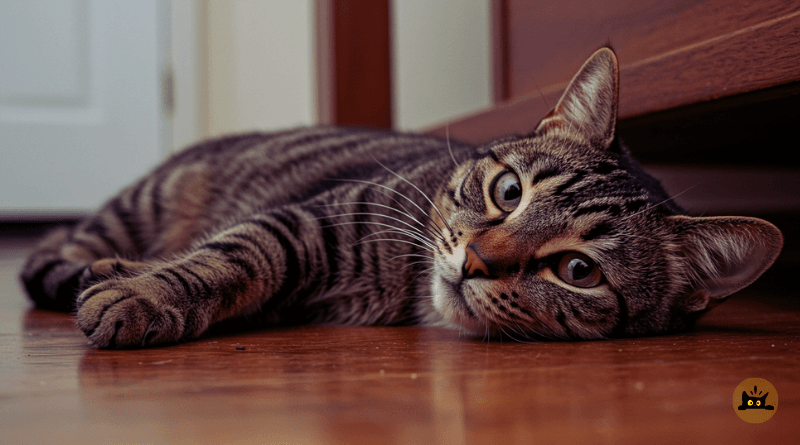Feline Immunodeficiency Virus (FIV) is a virus that weakens your cat’s natural defenses and can lead to various health problems over time. FIV mainly spreads through serious bite wounds during fights or rough play, making indoor safety crucial. Knowing about Cat FIV Prevention and taking a few simple steps can make all the difference in keeping your furry friend safe.
What Is FIV?
FIV is a type of virus that gradually makes your cat’s immune system less effective. It is most commonly transmitted when a cat gets seriously bitten in a fight or during rough play with another cat. Although FIV cannot be passed to humans, it reduces your cat’s ability to fight off everyday illnesses. Many cats may appear healthy for months or even years, despite carrying the virus. Over time, signs such as a slight fever, a bit of swelling in their glands, or a general feeling of tiredness might appear. Recognizing these subtle symptoms early is an important part of Cat FIV Prevention.
Recognizing FIV Risks and Signs
Knowing how FIV spreads helps in taking prompt action. The virus is usually passed on during fights where deep bites occur. Cats that roam freely, especially unneutered males, are at a higher risk because they are more likely to fight and sustain serious injuries. Watch for ongoing symptoms such as a mild fever, gradual weight loss, or frequent bouts of sickness, as these may be indicators that your cat’s health is declining. Being aware of these signs means you can quickly seek help from your vet.
Cat FIV Prevention Strategies
There are several practical steps you can take to protect your cat from FIV. The first and most effective measure is keeping your cat indoors. Indoor cats are less likely to encounter other felines that may carry the virus, which greatly reduces the risk of exposure to harmful bites. If you want your cat to experience the outdoors, consider taking them out while you’re there for supervision or set up a secure outdoor area where they can safely explore.
Regular vet check-ups are also critical for Cat FIV Prevention. Scheduling appointments every year or every two years allows your vet to spot any early signs of health issues. These check-ups can involve simple tests to ensure that your cat is in good shape. Early detection of any problems gives you the best chance to manage your cat’s health effectively.
Creating a Safe and Calm Home Environment
A peaceful, loving home helps keep stress at bay—which in turn keeps your cat’s defenses strong. Provide plenty of cozy spots for your cat to rest, lots of engaging toys, and safe places to scratch and play. A consistent schedule for meals and play not only comforts your cat but also promotes overall well-being. A calm home is a supportive environment for Cat FIV Prevention.
Nutrition and Everyday Preventive Care
Feeding your cat high-quality food full of essential vitamins and minerals is another key aspect of keeping your cat protected. Nutritious food helps maintain your cat’s strength, making it better equipped to fend off illnesses. Ensure your cat receives all its necessary vaccinations and any extra nutrients recommended by your vet. Combined with regular check-ups, these daily care steps build a strong foundation for your cat’s health and resilience.
What to Do If You Notice FIV Symptoms
Even if your cat has never been diagnosed with FIV, it’s important to know what to do if signs appear. If you notice ongoing symptoms like a slight fever, continuous mouth problems, or repeated bouts of sickness, see your vet right away. Getting quick help can make a big difference between managing minor issues and facing more serious health complications later on. Always keep an eye on your cat’s eating, playing, and sleeping patterns. Early action through simple tests and regular monitoring can help keep your cat on the right track.
In Conclusion
Although FIV is a big worry for many cat owners, following these friendly, everyday steps can greatly lower the risk. Keeping your cat indoors, scheduling regular vet visits, and creating a peaceful home are some of the best measures you can take. Offering nutritious food and watching for early signs of illness both support your cat’s health and minimize the chance of severe complications. With careful attention and these easy tips, you can help ensure your cat stays healthy and happy for a long time—making every day a little safer for your beloved pet.
Sources : Morris Animal Foundation, VCA Animal Hospitals, Merck Veterinary Manual
You might also like another article in this category: Keep Your Cat Safe from Feline Leukemia

